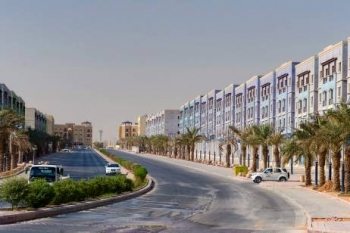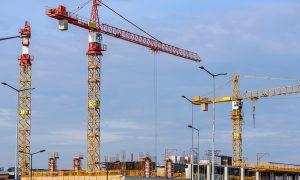Surge in housing projects predicted
Private sector involvement will be required to promote affordable housing solutions in the GCC

RELATED ARTICLES: Emiratis to receive $353mn in housing grants | Top developer says rural migration behind KSA housing crisis | Dubai reported as world’s strongest housing market
The GCC could witness a surge in the number of affordable housing solutions to address shortages in each member country’s market, and both, governments and private sector members are expected to play a key role in increasing these capacities.
“Private developers have a major role to play in addressing the acute lack of affordable housing stocks,” Samer Choucair, deputy chief executive officer and head of investment at Best Choice Real Estate Development said while speaking at Cityscape Qatar 2014. Choucair called for the region’s governments to observe the models followed by countries like Singapore, the Netherlands and Sweden to formulate the ideal tactic to address their housing shortages.
Housing finance is considered to be an “under-penetrated” market in the GCC; mortgage penetration in Saudi Arabia is estimated at 2%, while the penetration figure for Kuwait is 17%. Consequently, GCC member states are being compelled to undertake developments, provide subsidies and ease loan mechanisms to meet their markets’ demands.
“We need to come up with creative solutions to address the housing deficit in the GCC and other regions,” Choucair continued. “Partnership between the public and private sectors is vital more than ever amidst continuous migration of people from rural to urban areas as well as rapid increase in the population.”
Up to 3,000 Emiratis from Dubai and the Northern Emirates were slated to receive housing aid worth $353 million from the Sheikh Zayed Housing Programme, it was announced in October 2013. In 2012, the Qatari government constructed up to 18,000 residential units for its public, following up with additional 10,000 units in 2013.
Bahrain’s minister of housing recently met with Chinese construction firms in regard with the country’s plans to implement housing projects, including up to 40,000 residential units for an estimated budget of $6.89 billion under its Five Year Plan (2012 – 2016).

























